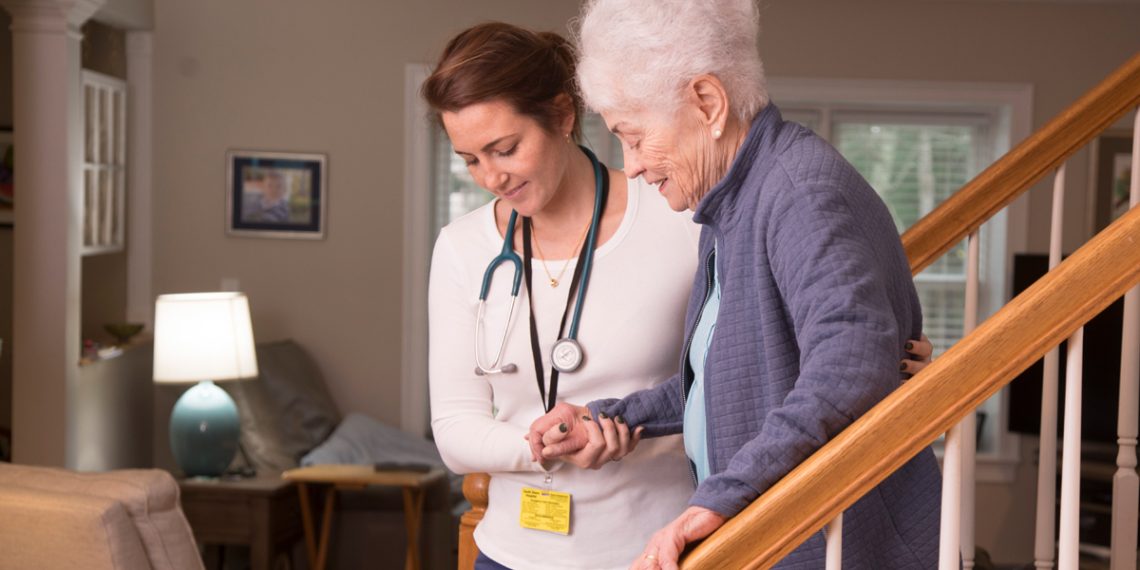Most people prefer to avoid aging or making arrangements for in-home care, but unpleasant surprises may still arise even with the best-laid plans in place. Understanding the warning signs and symptoms of aging-related problems is one approach to getting ready for your home care or the care of a loved one. Below mentioned are the signs that loved ones require a home care service:
Inadequate personal hygiene
Poor hygiene could be very obvious if your loved one has always been very particular about how they look. However, it is important to keep an eye out for any decline in grooming practices, as it may indicate the need for home care. Body odour, unbrushed teeth, unclean clothes, messy hands and nails, and dishevelled hair suggest that taking care of oneself has become too difficult.
Loneliness and social withdrawal:
Elders may suffer from isolation and loneliness, which can affect their mental and emotional health. Are you trying to find an aged care facility? Do an online search about my aged care providers to find right providers . Home care can offer company and involvement if your loved one exhibits symptoms of sadness, social disengagement, or loss of interest in past hobbies.
Poor diet
Your elderly relative may lack the skills necessary to make nutritious meals regularly. It could be difficult to plan meals and get to the grocery store, or it could be managing kitchen duties that are the problem.
Inadequate nourishment and hydration can have negative effects on the body, mind, and emotions. A caregiver can help with grocery shopping, food preparation, and advice on choosing healthful meals.
Post-surgical recovery
Recovering from surgery or experiencing sudden episodes of illness could indicate that your loved one needs more help at home. They run a higher risk of hospital readmission and may be more susceptible to infections or other illnesses during this time.
Stumbling around
You may have deactivated your loved one’s car or removed the keys. However, you are unable to stop your loved one from leaving the house and wandering away. It could be that your loved one unintentionally locks themselves out after stepping outdoors to return. The outcomes could be disastrous if this happens in really high temperatures.
Enhanced Ignorance:
Due to memory loss and cognitive impairment, it may be difficult for your loved one to remember appointments, pay payments, or even find their way around their own house securely. Home care providers can provide reminders, support, and help. If you are looking for the best home care provider, you can check online as my aged care providers to get a wide range of options.
Difficulty with daily activities:
Take note if your loved one needs help with everyday chores like dressing, showering, or preparing meals. Home care may be required if they struggle to manage these tasks independently.
Bad lawn and housekeeping maintenance:
Although people differ in how much dirtiness they can tolerate in their houses, it is alarming when those criteria significantly deviate from the norm. Stacks of filthy dishes and newspapers, heaps of soiled clothing, and more clutter than usual are signs that your loved one has difficulty keeping up with everyday obligations.
Restricted mobility
Modern technology offers many tools to support older adults’s accessibility and mobility. However, if mobility is excessively restricted, a person’s quality of life may begin to suffer.
When someone with limited mobility is not given the proper support, they may attempt to do their chores on their own, which increases their risk of major falls and accidents.
Begin to react aggressively:
An elderly mind may decline even when their body is still in good condition. A person with dementia may exhibit personality changes for example, a person who was previously mild-mannered may now become violent.
Destructive behaviour may manifest this hostility. When this occurs, in-home senior care may be necessary for your loved ones and your safety.
Partial words:
Regardless of your choice, you could question whether it was right. Try having as many positive encounters as possible with your loved one rather than wasting time second-guessing and feeling bad. You should choose the best caregiver who will offer your loved ones the best care and respect they deserve in the comfort of their own home, so they can remain at home and lead independent, dignified lives.

